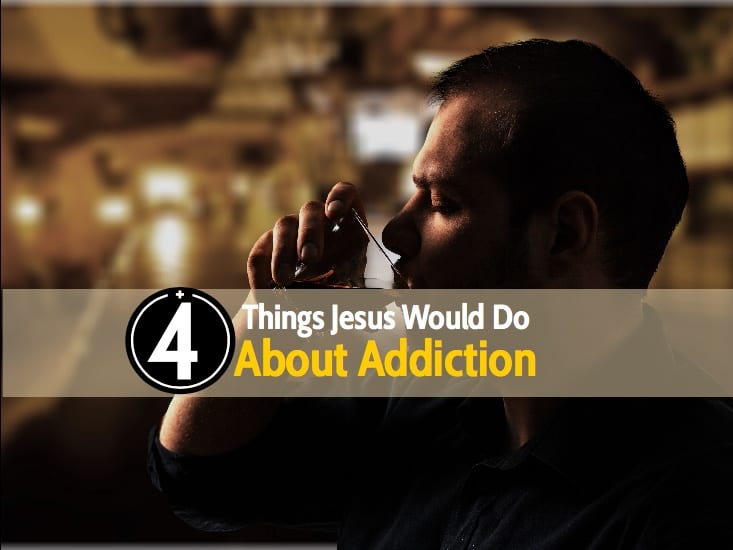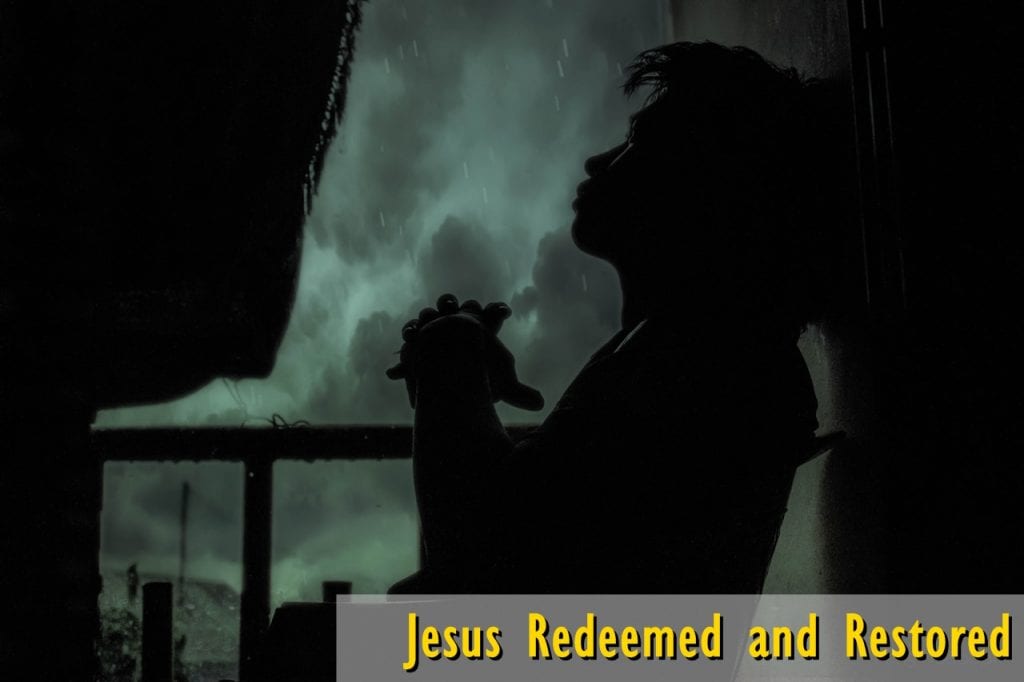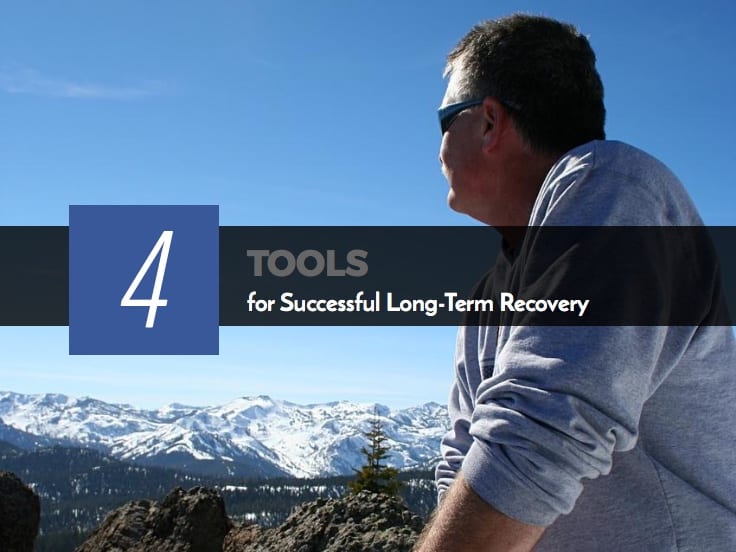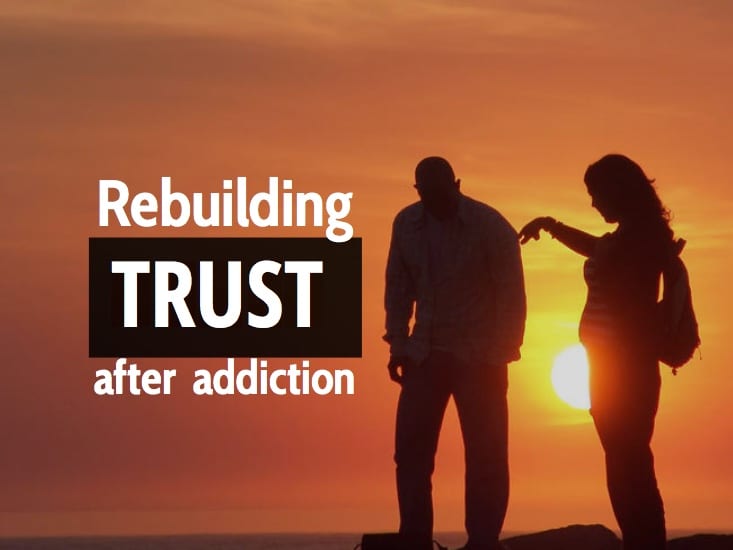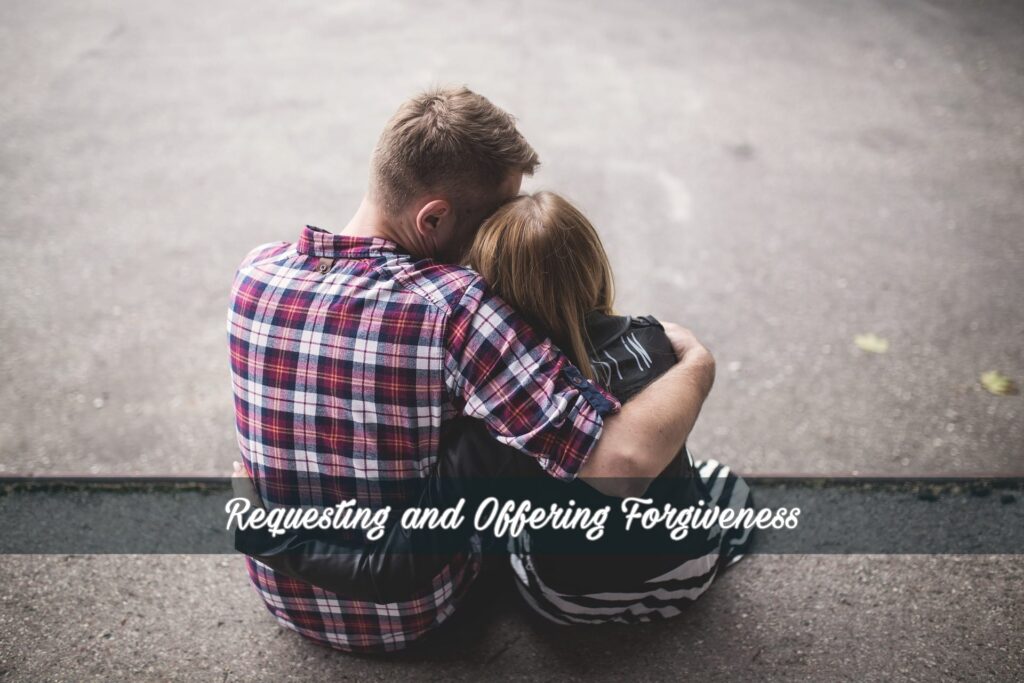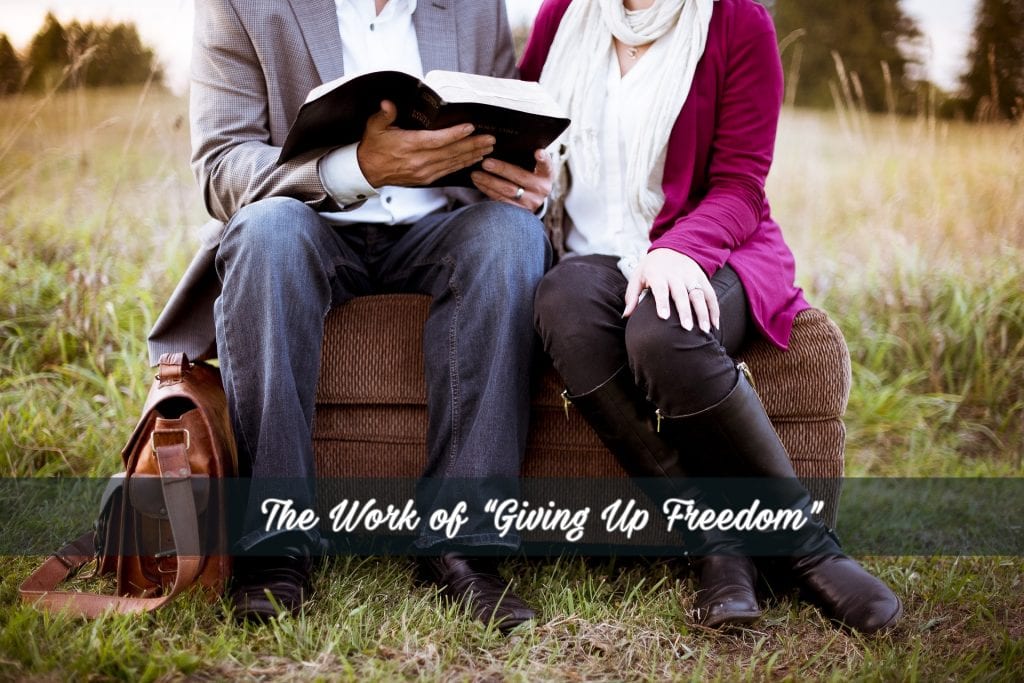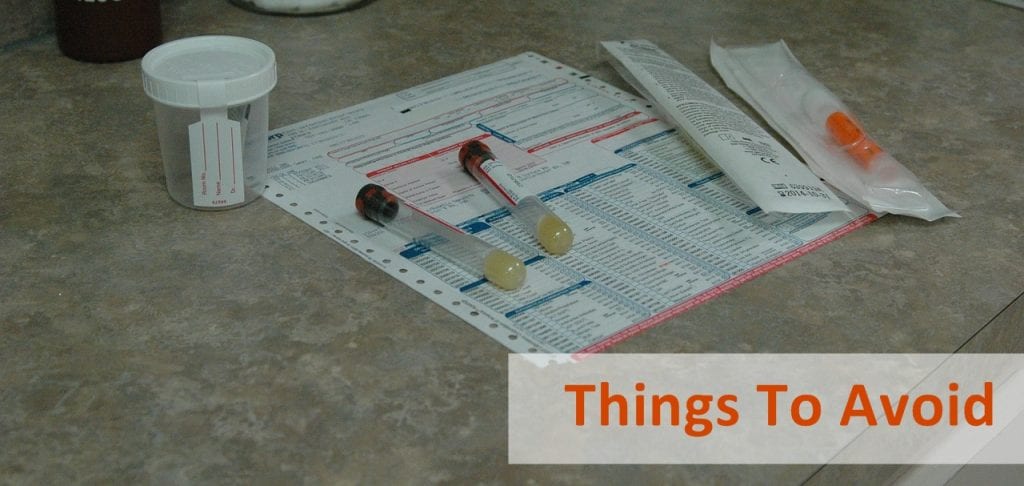How God addresses addiction is something that would evoke different responses depending on who you ask. There are Christians that would frame addiction only as a sin issue, and thus would point out judgment, condemnation and punishment as God’s rightful and just response. There are others who may see addiction as solely a medical condition, thus view God as completely tolerant and sympathetic of the addict’s plights.
Read about God and Addiction Recovery.
At New Life Spirit Recovery, one of our greatest tasks and calling is to present a redemptive God. This is a God that neither views the addict with anger or apathy. Rather, He holds a fierce and deep interest in that person’s well being. Learning how to navigate between the negative reality of addiction and the life changing reality of God’s love is sometimes a difficult dance. But it is the dance of grace – the powerful mystery of who Jesus is and why He came to earth 2,000 years ago.
So what would Jesus do if He met an addict face to face? Would He judge, criticize, and threaten? Would He sympathize and understand? We don’t have to guess because we already possess the answer through God’s Word.
This article will explore four principles of “what would Jesus do” that we can apply to the struggling addict. No matter your background or faith, these are factual realities of how Jesus engaged with men and women with similar problems as addiction. Let’s look.
#1. Jesus Reached the Sick & Broken
Jesus came to reach broken people, not together people. He said “Healthy people don’t need a doctor–sick people do” (Matthew 9:12). He spent His time, resources and energy reaching these people.
Religious people were offended by the standards of Jesus because He was a friend of sinners. He would touch the unclean and minister to people in ways that tarnished religious protocols. He did this because He saw people as precious, valuable and in need of healing. The religious saw dirty people that deserved nothing but punishment.
Wanting to heal the broken didn’t mean He condoned sinners – He simply knelt down to their level in order to offer them a way out.
Today’s society often labels the drug addicts as “bad people”. Certainly, bad behaviors aren’t okay and warrant consequences. But Jesus provided an atmosphere where those bad behaviors could be transformed by Him. Jesus had no issue with being in the presence of sin because unless He had the opportunity to reveal Himself, those trapped in bondage would never have a way out.
In the same manner, Jesus has a heart-felt interest in the addict – He wants to the opportunity to approach that person in love. He wants to meet them where they are. No one ever had to clean up for Jesus. It was His job to clean them.
#2. Jesus Redeemed and Restored
It’s vital to understand that Jesus loved those people struggling with spiritual, emotional and physical ailments. But His love had a fierce, redemptive agenda. To love someone and let them remain in their hurt and brokenness would be cruel. What kind of God would merely pity the broken plight of the human heart, but have little ability to intervene?
The Jesus of the Bible met people empathetically. He sought to draw people by His love, thus allowing Him to enter into redemptive dialogue. Every encounter He had was a divine set up to bring them into a relationship with Him and prepare them for restoration. If He had any other agenda, He would not be loving.
The Jesus of the Bible knew that sin was destructive and needed to be overcome. He would not have said “don’t worry about it, I don’t mind. Let’s forget about it”.
#3. Jesus Confronted with Truth
Jesus met people where they were at without judgment, but had a marvelous way of confronting them with truth. The woman at the well, the rich young ruler, and the Nicodemus are all examples of how Jesus confronted a person with truth. This truth confrontation called them out of their denial and pointed to the very places where the hurt, pain, and sin lived. Through confrontation, Jesus would lay choices on the line that offered a new way out of their problems.
While this confrontation was fierce – He honored those He spoke to. Jesus of the Bible didn’t run around screaming at people and calling them sinners. He didn’t protest with signs on the street and call them bad names. He simply stooped down where they were, and then laid the options on the table. “Do you want life? Do you want to be free? Do you want to follow me? Do you believe that I am the answer?”
In a treatment program, loving confrontation is where transformation will occur. This confrontation must be done in love, not judgment. Confrontation done properly challenges one’s perspective by offering an opposing point of view.
But in that confrontation, the basic human dignity to choose is always what drives the dialogue. You don’t support change by simply cramming truth down someone’s throat and shaming them if they don’t believe.
At New Life Spirit Recovery, our counseling process challenges beliefs one at a time, offering a redemptive perspective and tangible Biblical solutions for the mind, body, soul, relationships, and all other areas of life. This confrontation lies at the heart of all healing and change. It’s the powerful truth that sets people free.
#4. Jesus Offered Intimacy
Those that received Jesus were met by friendship. They gave back to Jesus what He had given them, pledging their life to Him. Jesus didn’t come to only be a “clean up man.” He came for a deep, abiding relationship with those He saved.
Through intimacy, followers of Jesus became mighty warriors for God’s Kingdom. They would become the movers and shakers in the church. They would do the work of Jesus.
In recovery, this happens the same way. Jesus comes to initiate freedom, but His true goal is intimacy with Himself. He wants to be established as the Lord and King of their lives. A heart sold out to intimacy is one that will become healthy, whole and free to serve Him. God’s ultimate goal is to create sons and daughters with a mission and a purpose.
At New Life Spirit Recovery, we believe that the same Jesus that ministered and healed people in Biblical times is available in fullness today.
Do you need a trusted Christian treatment provider? We believe that addiction needs to be treated holistically – body, soul, and spirit. To learn more about what our programs have to offer, call us today at 866.543.3361


